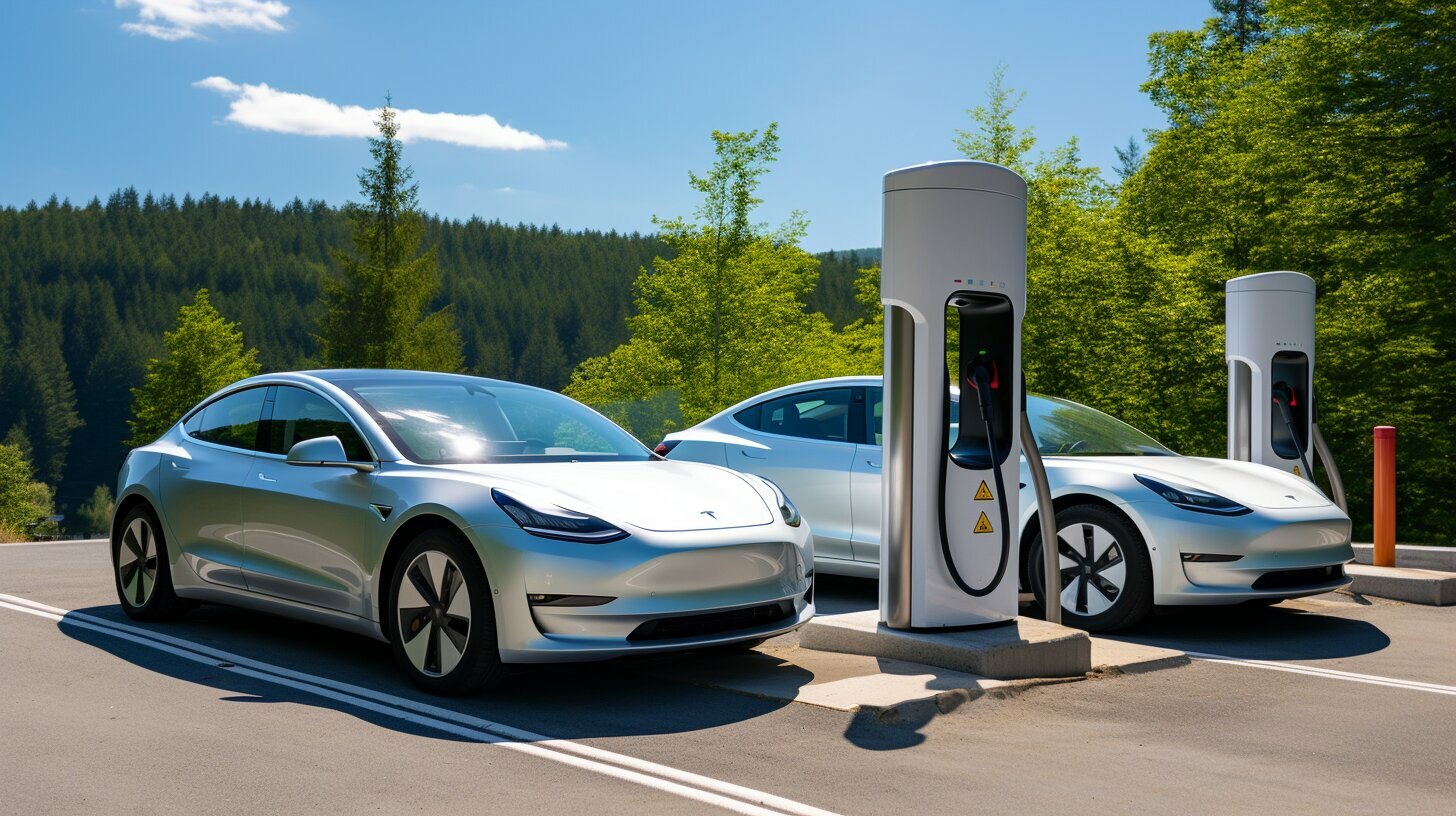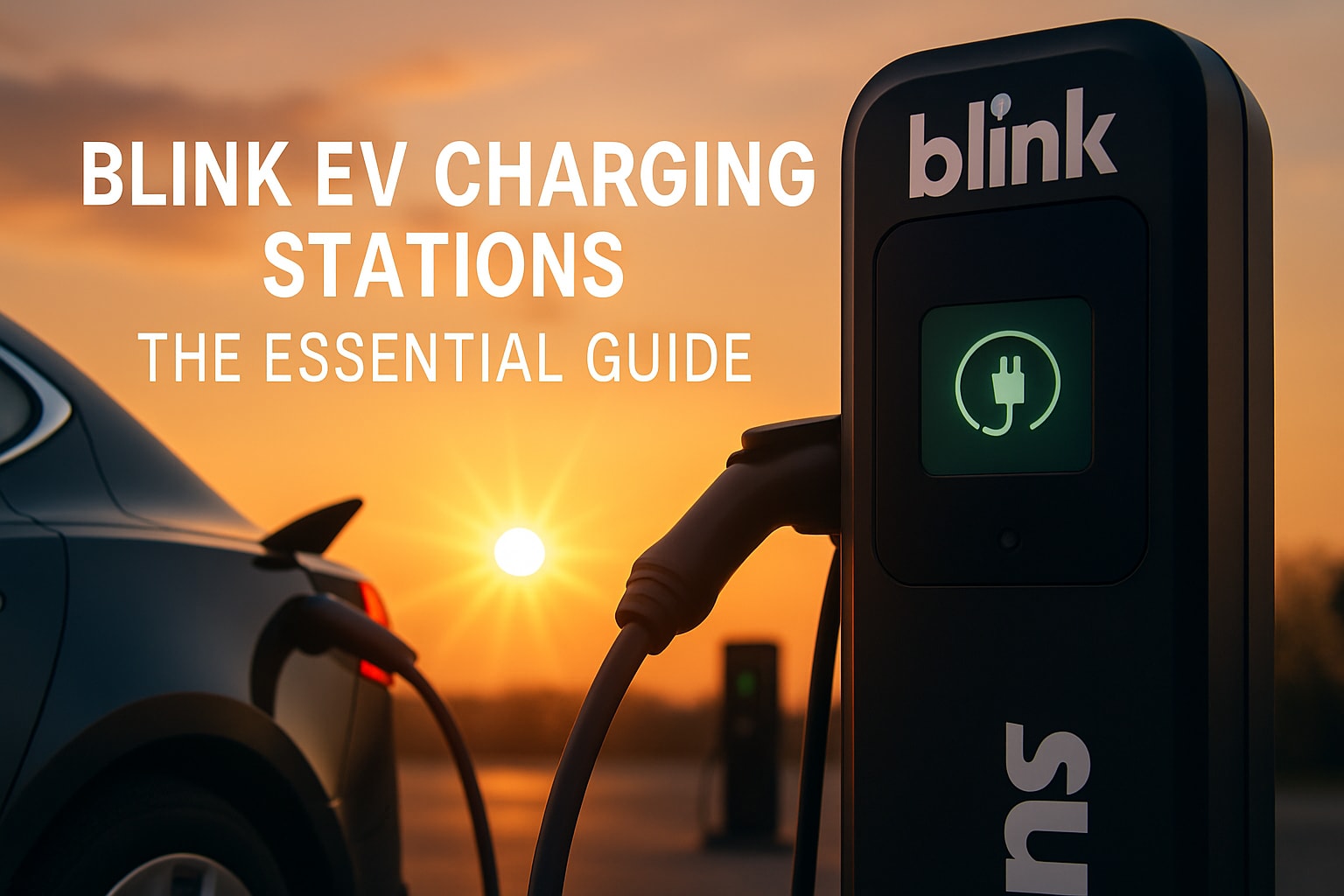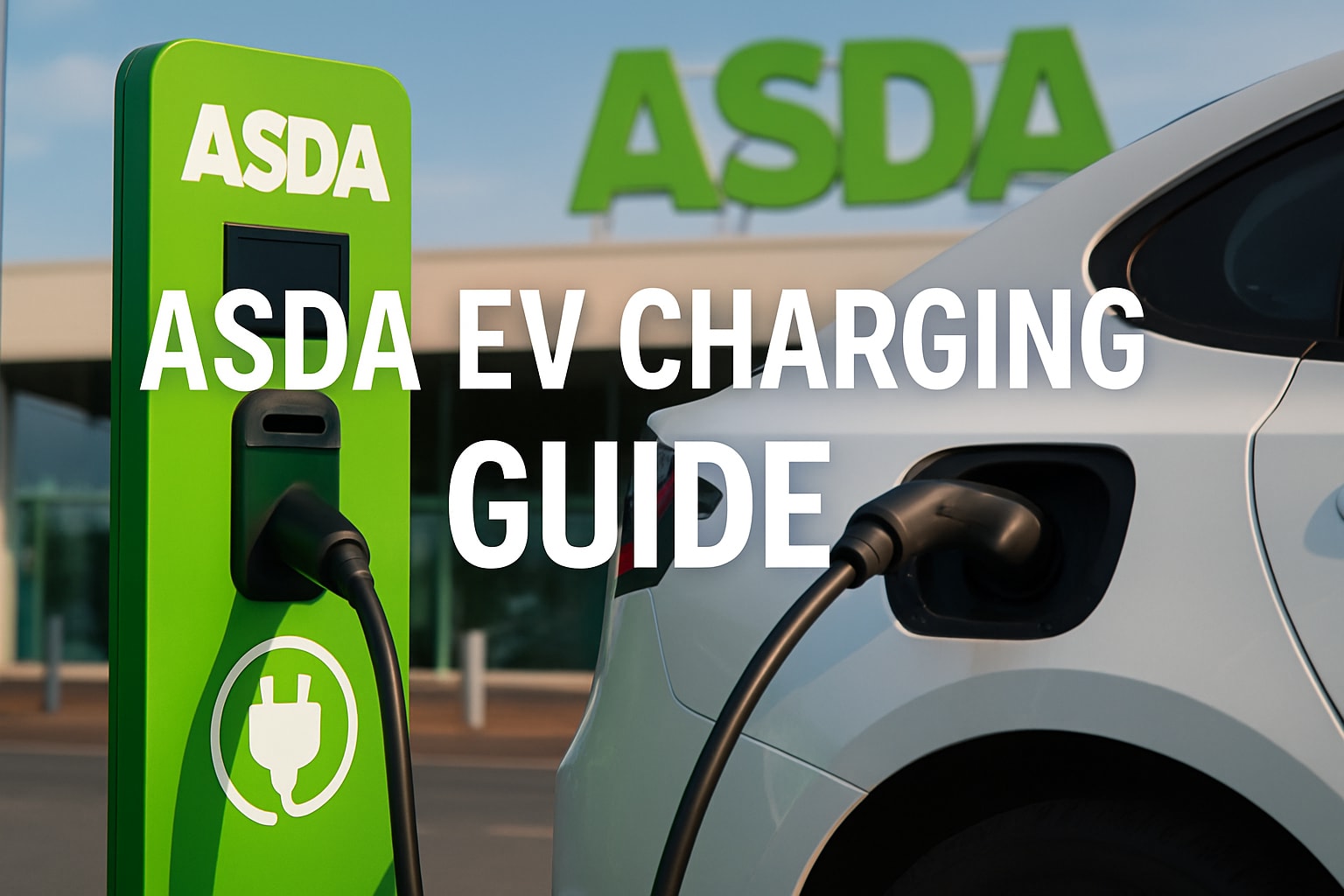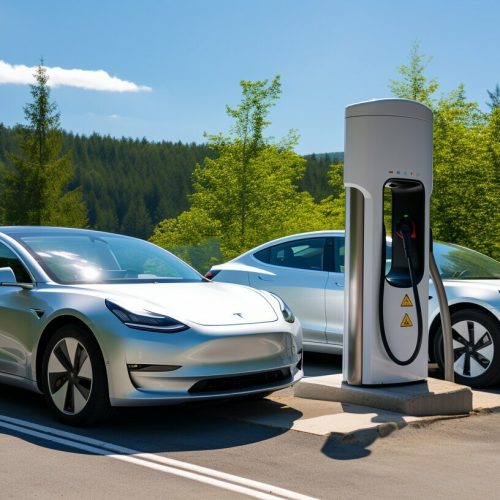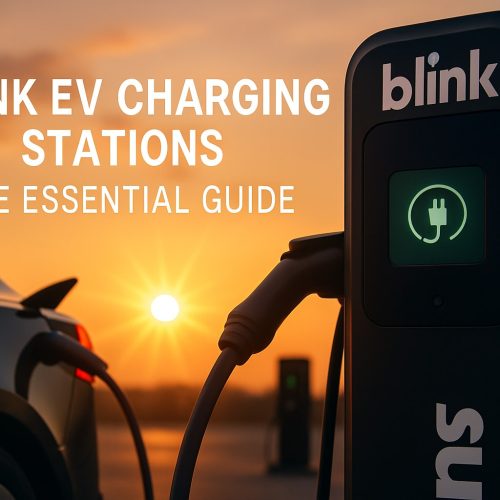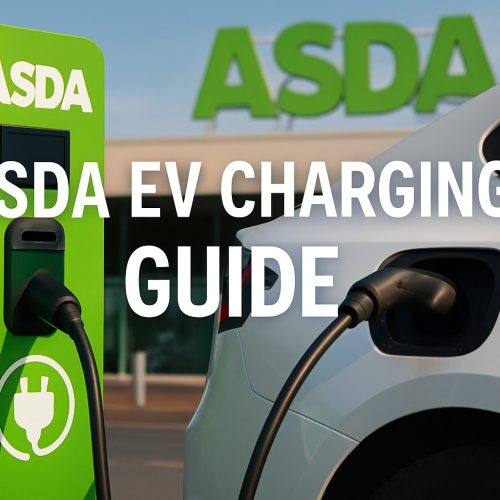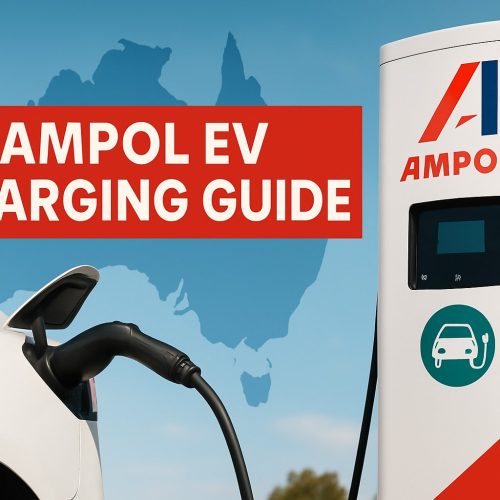Introduction
Toyota, a name synonymous with automotive innovation, has been making headlines with its ambitious plans for solid-state batteries. Promising a staggering 621-mile range by 2027, the company has reignited discussions about the future of electric vehicles (EVs). But is this a game-changing development or just clever marketing? Let’s delve into the details. 🚗🔋
A Renewed Commitment to Solid-State Batteries
Back in 2014, Toyota promised a revolutionary solid-state battery but failed to deliver. Fast forward to today, and the company has renewed its commitment, aiming to achieve an impressive range of 621 miles for their future EVs. But the lack of concrete information has led to skepticism. 🤔
Skepticism and Secrecy: What’s Behind the Curtain?
Toyota has been notably secretive about its battery technology, leading to questions about the viability of their plans. Critics argue that the company’s ambitious roadmap might be more of a media strategy than a concrete plan. 🕵️♂️
The Current State: Nickel-Metal Hydride Batteries
Toyota’s current EVs use nickel-metal hydride batteries, which are heavier and less efficient than modern lithium-ion alternatives. The company aims to transition to more advanced technologies, but the timeline remains unclear. 🕰️
Cost and Range: The Numbers Game
Toyota has set ambitious targets for reducing manufacturing costs by 20% and achieving a range of 800 km by 2026. They plan to push this even further to over 1,000 km by 2027. While these numbers are impressive, they have raised eyebrows among industry experts. 💰📈
Lithium-Ion Phosphate (LFP) Batteries: The Next Step
By late 2026 or 2027, Toyota plans to introduce cost-effective LFP batteries. They aim for a 40% cost reduction and a 20% increase in driving range. If successful, this could make Toyota’s EVs more accessible to the average consumer. 🔌
Charging Speeds: The Race Against Time
One of the most significant pain points for EV owners is charging time. Toyota is working on rapid charging capabilities, targeting a 10% to 80% charge in under 20 minutes. This could be a game-changer, but the technology needs to be proven. ⏱️
Questions and Criticisms: The Road Ahead
Toyota’s extravagant claims about range and charging speeds have led to questions about the feasibility of their plans. Critics argue that the company might be setting unrealistic expectations to gain media attention. 📰
Conclusion
Toyota’s plans for solid-state batteries and their ambitious range and charging goals have the potential to revolutionize the EV landscape. However, the lack of transparency and concrete information raises questions about the viability of these plans. As the automotive world watches closely, only time will tell if Toyota can deliver on its promises and set a new standard for electric vehicles. 🌟
